Estate Taxes
The value of a well prepared Estate Plan cannot be overstated. If you die while you own property in the United States, your estate could be subject to U.S. estate taxes and these taxes may be substantial. However, a good estate plan could minimize your tax liability.
HOW DO I KNOW IF MY ESTATE WILL BE SUBJECT TO U.S. ESTATE TAXES?
The legislation changes frequently but at the present time the Internal Revenue Code provides complete relief to Canadians who own U.S. property at death where they own less than USD 60,000 worth of U.S. property. In addition, there is a Unified Exemption Credit (the amount of the credit is subject to change annually) that may afford complete relief from estate tax. To benefit from the Unified Exemption Credit, disclosure of all worldwide assets must be made. Contact C2 Global Law to learn more about the Unified Exemption Credit.
WHAT IS THE U.S. ESTATE TAX THAT CANADIANS MAY FACE BASED ON?
The U.S. estate tax that Canadians may face is based on two factors:
- The total value of their U.S. located property
- The proportion of their U.S. assets compared to their worldwide assets
WILL ALL OF MY ASSETS BE SUBJECT TO U.S. ESTATE TAXES OR JUST MY PROPERTY?
Only U.S. assets at the time of your death are subject to taxation.
IS THERE ANY WAY THAT I CAN MINIMIZE OR DEFER EXPOSURE TO U.S. ESTATE TAX?
Yes, there are a number of strategies that can be employed to minimize or defer exposure to U.S. estate tax. Contact C2 Global Law for a consultation.
C2 Global Law can help you to minimize or defer exposure to U.S. estate tax. Contact us today to find out how we can help you to plan strategically for the future.

